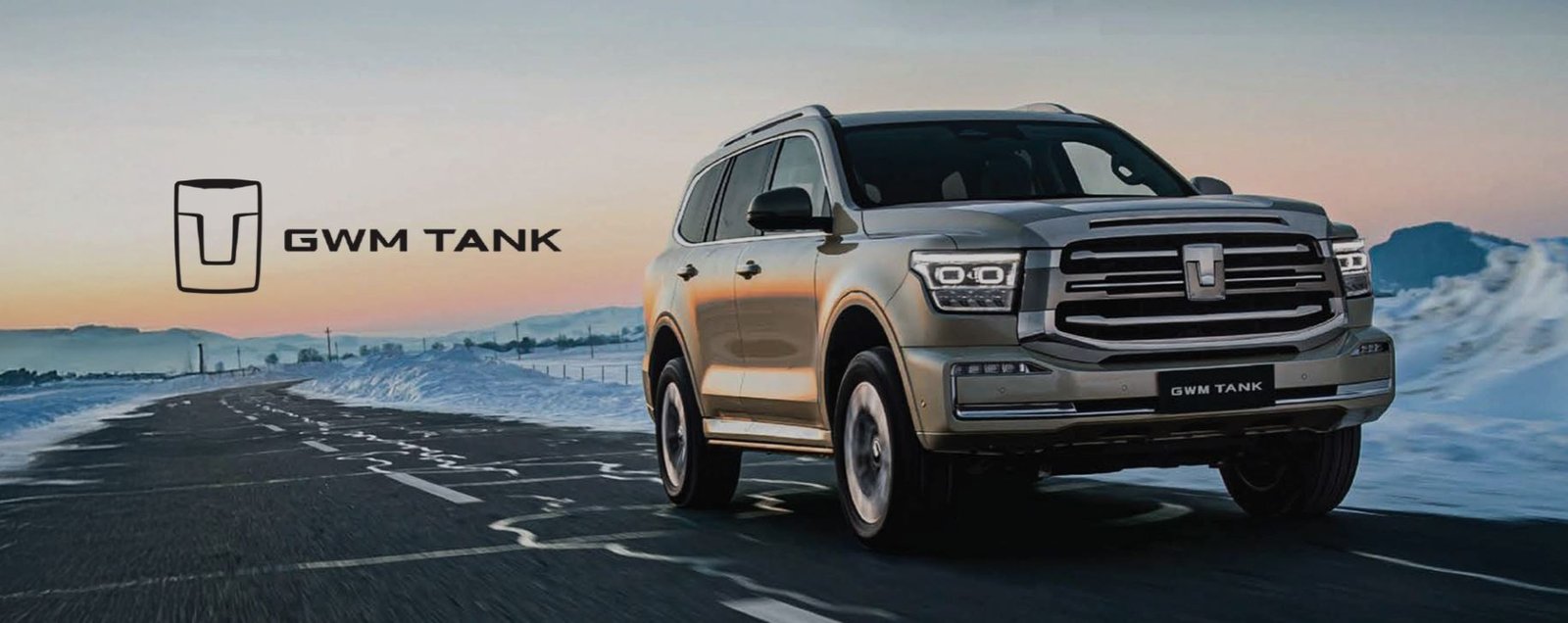Impact of Budget On Auto Sector 2021-22

The budget for 2021-22 has been revealed, revealing a number of anticipated policy changes. There has been speculation regarding the changes that are expected in the new auto policy, since it has been widely reported that local vehicle prices may finally stabilize.
The government has announced that the Federal Excise Duty (FED) on domestically built cars with an engine displacement of 850cc or less has been eliminated. Prior to the development, the duty rate was 2.5 percent. Federal Finance Minister Shaukat Tareen also stated during the session that the sales tax on the aforementioned sector of automobiles has been reduced from 17 percent to 12.5 percent, resulting in a 4.5 percent reduction in tax rates.
Under these 03 programmed, old and secondhand Asian-made vehicles can be imported against payment of the following amounts:
| S.No. | Vehicles of Asian Makes meant for transportation of persons | Duty and Taxes in US$ or equivalent amount in Pak |
|---|---|---|
| 01. | Upto 800 cc | US$ 4,800 |
| 02. | 801cc to 1000cc | US$6,000 |
| 03. | From 1001 cc to 1300cc | US$13,200 |
| 04. | From 1301cc to 1500cc | US$18,590 |
| 05. | From 1501cc to 1600cc | US$22,550 |
| 06. | From 1601cc to 1800cc (Excluding Jeeps) | US$27,940 |
According to reports, HM Shehzad, Chairman of the All Pakistan Motor Dealers Association (APDMA), recently recommended that the government make modifications to the new car policy that would be adopted when the 2021-22 budget is presented.
Electric vehicles:
Electric car imports would be free from VAT, but domestically made electric vehicles will be subject to a 1% sales tax.
The government would also levy a “on money” tax on automobiles that are sold without being registered. “On money” or premium refers to a procedure in which anxious customers with extra funds pay a premium to vehicle dealers in exchange for immediate delivery rather than waiting months.
Tarin proposed measures for electric vehicles during his budget address, saying that the government was supporting the usage and manufacture of electric vehicles to reduce reliance on gasoline, offer inexpensive transportation to the general people, and minimise environmental effect. To achieve these aims, substantial tax relief measures for electric cars were proposed, including a tax exemption on the import of fully knocked down (CKD) kits for local electric vehicle production.
In addition, the sales tax on domestically made electric vehicles was reduced from 17 percent to 1 percent, while the value added tax on imported electric vehicles was eliminated. Electric cars will also be exempt from federal excise taxes. Hanif emphasized that tax breaks and exemptions for electric cars will help to create a more fuel-efficient and environmentally friendly economy.









